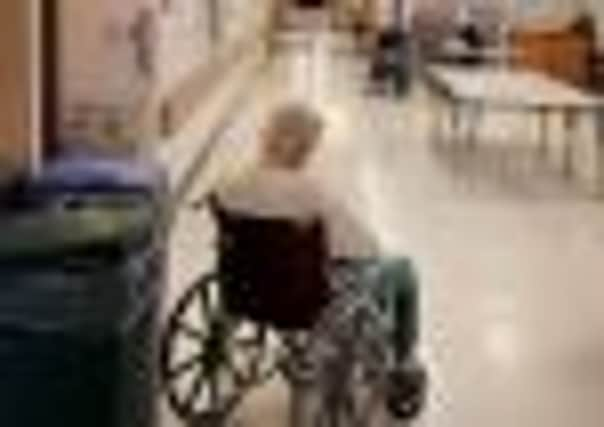Fears over prescribing strong sleep pills to OAPs


Experts made the criticism after a fifth of insomnia sufferers taking part in a survey said they had never had a review of their sleeping pill prescription.
More than 60 per cent of elderly patients questioned had received no advice on alternative non-pharmacological approaches, such as sleep education, relaxation techniques, and psychological therapy.
Advertisement
Hide AdAdvertisement
Hide AdIn their report, Insomnia, A Wake-Up Call, the panel of six experts pointed out that hypnotics such as benzodiazepines and “Z-drugs”, which have similar properties, were not considered the best insomnia treatments for older patients.
They added: “However, despite recommendations, there is continued high, inappropriate and extended prescribing of these medications, such that some patients may become involuntarily addicted.”
The survey which formed part of the report included 100 UK patients with insomnia, half of whom were aged 65 and over. All had been treated with hypnotics in the past six months.
Nearly half said they had never received alternative treatment options, such as practical advice on sleep and relaxation techniques, and cognitive behaviour therapy (CBT).
And there was a significant difference in the experience of younger and older patients. Some 62 per cent of those in the older group reported receiving no additional advice, against 32 per cent of those aged 18 to 64.
In addition, 20 per cent of all participants said they had never had their hypnotic prescription reviewed by their GP. A further 18 per cent said their reviews were more than six months apart, and only 10 per cent had been referred to a specialist.
More than 80 per cent of those questioned rated their sleep quality on hypnotic drugs as “fairly bad” or “very bad” and half reported suffering from tiredness during the day.
Panel member Dr Alan Wade, a GP with a special interest in sleep, said: “People living with insomnia in later life need to be managed with care, especially when it comes to the use of sleeping pills.
Advertisement
Hide AdAdvertisement
Hide Ad“Doctors and care-home providers need to think more carefully about prescribing these drugs. They should only be used for short-term treatment, but evidence suggests that up to 30 per cent of patients remain on them for the long term. The elderly are particularly vulnerable, leading to increased traffic accidents, falls and fractures.”
The survey found that 16 per cent of participants had suffered a fall, injury or accident while on sleeping pills, but there was no significant difference in the rate of incidents between age groups.
The report recommends that hypnotics should be a last resort treatment for elderly patients with insomnia.
Non-drug strategies should be tried first, and when medical treatment is necessary, melatonin should be used before hypnotics.
Melatonin is a natural hormone that helps regulate the body’s sleep-wake cycle and is often taken to counter the effects of jet lag.
The report was sponsored by Flynn Pharma, which markets the melatonin drug Circadin in the UK and Republic of Ireland.